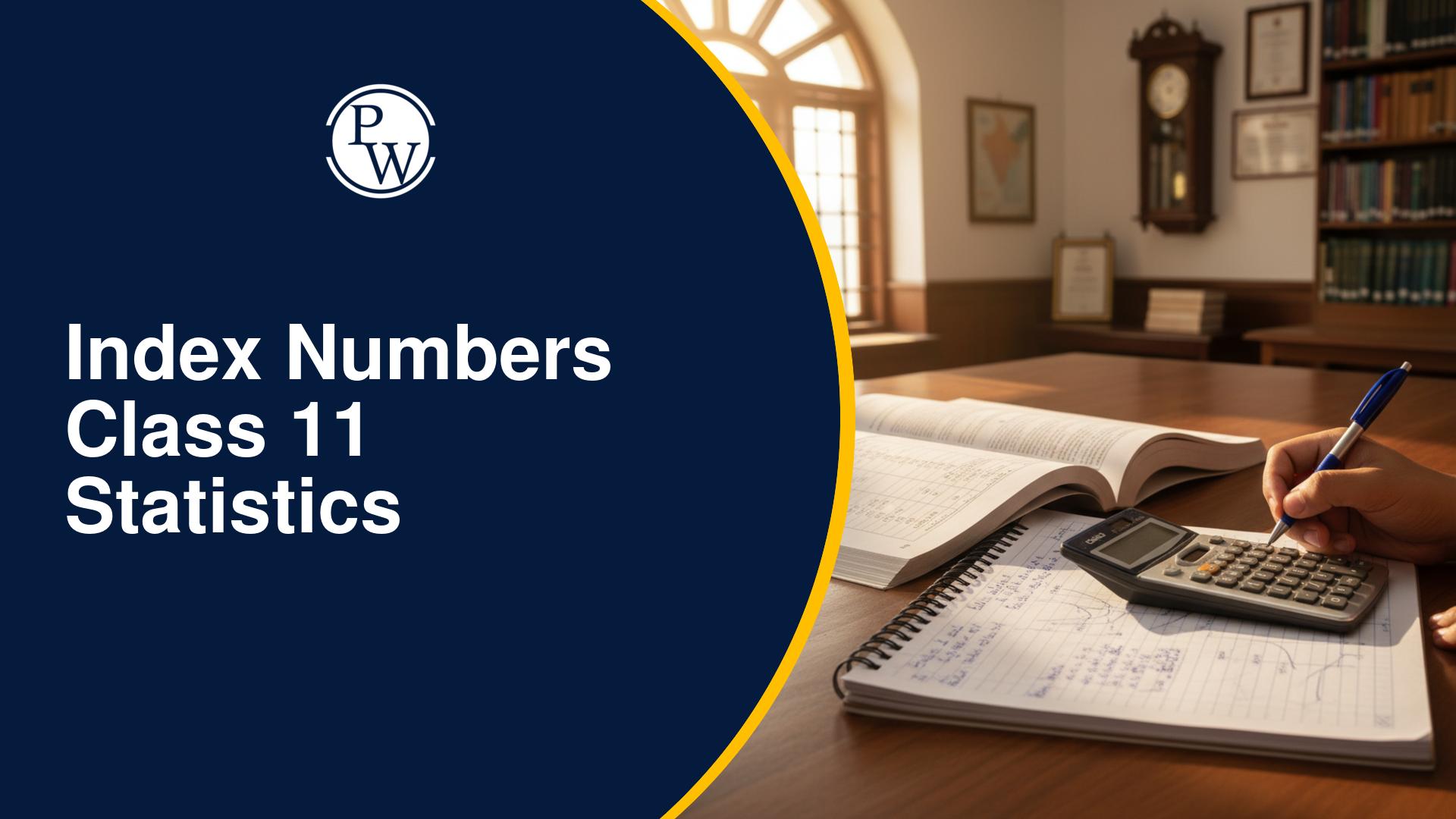
A monopoly occurs when a single company or seller dominates an entire market, controlling the supply of a particular product or service. This market structure differs from others because there are no close substitutes for the product, and strict barriers prevent other companies from entering the market. As a result, the monopolist has significant power over pricing and production.
Monopolies can lead to higher prices and fewer choices for consumers, so they are generally discouraged in free-market economies. Understanding how monopolies function and their economic impact is essential for commerce students . This guide thoroughly explores the meaning, types, and features of monopolies.What is the Monopoly?
A monopoly is a market situation where a single company dominates an entire industry with no competitors offering the same product or service. Because there are no other sellers, this company can control the price and availability of the product, knowing that customers have no other options. For example, imagine a small town where only one company provides electricity. Since no other electricity providers exist, this company can set the price as it wishes. The high costs and barriers to entering the electricity market prevent other companies from competing, allowing the monopoly to maintain its control over the market. In a monopoly, customers are forced to accept the price set by the company because they have no viable alternatives.Monopoly Market Features
A monopoly market is characterized by a single firm controlling the entire supply of a product or service. This control leads to several distinctive features impacting the firm and its consumers. Key features of a monopoly market include:- Maximizing Profit: The main goal of a monopoly is to maximize profit. Due to its control over the market, the company aims to generate revenue and achieve the highest possible profit.
- Price Maker: A monopoly has the power to set and adjust prices. Since there are no competitors, the monopolistic firm can influence the price of goods based on market demand and supply.
- High Barriers to Entry: Monopolies face high barriers to new competitors entering the market. These barriers, such as high startup costs or strict regulations, make it challenging for other businesses to compete and often reduce overall market competition.
- Lack of Consumer Choice: In a monopoly, consumers have limited or no alternatives to the product or service provided. This lack of choice means consumers must accept the monopolist's offerings, which can lead to dissatisfaction if the product quality or service could be better.
- Inefficient Resource Allocation: Monopolies may lead to inefficient resource allocation. Without competition, the monopolist might not have the incentive to improve productivity or reduce costs, potentially leading to higher prices and less innovation.
Types of Monopoly
Monopolies come in different forms, each with its characteristics. Here, we've mentioned all the types of monopolies. Check the below points for detailed information on the main types of monopolies:Pure Monopoly:
In a pure monopoly, a single company controls the entire market with no competition. This company faces high barriers to entry, like high startup costs, and offers a product with no substitutes. For example, Microsoft once had a pure monopoly on personal computer operating systems, with its Windows software holding a dominant market share.Monopolistic Competition:
This type involves several companies offering similar but different products. Although there is competition, each company differentiates itself through pricing and marketing. Examples of monopolistic competition include credit card companies like Visa and MasterCard and various retail stores and restaurants.Natural Monopoly:
Natural monopolies arise when a company has unique resources, technology, or expertise, making it more efficient for only one company to provide the service. Pharmaceutical companies often fall into this category due to their patents and research costs.Public Monopolies:
Public monopolies provide essential services, such as utilities like water and electricity. The government usually regulates these to control rates and ensure fair access. In a public monopoly, a single company supplies the service to a region, and government authorities closely monitor its operations.What is the Commodity Market?
A commodity market is a place, either online or physical, where people buy, sell, and trade raw materials or primary products. These markets play a crucial role in setting and monitoring global prices for commodities. Around 50 major commodity markets exist worldwide, overseeing these essential goods.Types of Commodity Markets
Here, check the points below for detailed information on the Types of Commodity Markets:- Hard Commodities: These are natural resources that are mined or extracted. They include essential materials like crude oil, precious metals like gold and silver, and minerals like iron ore. Hard commodities are vital for many industries and are traded globally.
- Soft Commodities: These consist of agricultural products and livestock. Examples include grains like barley and oats, fruits such as oranges and apples, and animal products like wool and beef. Soft commodities are crucial for food supply chains and agricultural economies.
Also Read: Forms of the Market
Advantages and Disadvantages of Monopoly
Monopolies, where a single company controls an entire market, offer several advantages and disadvantages. Understanding these can help in evaluating their impact on consumers and the market.Advantages of Monopoly
There are many advantages of the monopoly market. check here for some of the top advantages of the Monopoly:- Stable Pricing: Monopolies can set and maintain stable prices since there is no competition to drive prices up or down. This stability benefits consumers by providing predictable costs, which can be especially important for essential goods or services where price fluctuations might otherwise be a concern.
- Economies of Scale: A monopoly can produce goods in large quantities, allowing it to lower production costs per unit. This efficiency can result from spreading fixed costs over a larger output. Consequently, the company can offer lower prices than if multiple firms were producing at a smaller scale.
- Investment in Innovation: With no competitive pressure, a monopolistic company can confidently invest in research and development. This secure environment enables the firm to explore new technologies and innovations without fearing losing market share to rivals, potentially leading to significant advancements and improved products.
Disadvantages of Monopoly
While monopolies offer certain advantages, they also come with some drawbacks. Explore some of the key disadvantages of a monopoly here:- Price Manipulation: Without competition, a monopoly can manipulate prices to maximize profits. This control may lead to higher consumer prices since the company can set rates without concern for competing offers. Artificial scarcities and price fixing are common issues in monopolistic markets.
- Reduced Quality and Service: With limited or no alternatives, consumers are compelled to accept the quality and service levels provided by the monopoly. The lack of competition can lead to complacency, where the monopolistic firm needs more incentive to improve product quality or customer service.
- Limited Consumer Choice: Monopolies restrict consumer choice since no other options are available. This lack of alternatives can limit consumer freedom and force individuals to purchase goods or services that may only partially meet their needs or preferences. The absence of competition often results in fewer innovations and less variety in the market.
Also Read: Difference Between Monopoly and Monopolistic Competition
Therefore, while monopolies can offer stable pricing and opportunities for innovation, they also limit consumer choice and can lead to price manipulation. The key takeaway is that while monopolies can drive efficiency in certain industries, they must be carefully regulated to ensure fair practices and consumer protection.Monopoly FAQs
What is the simple meaning of a monopoly?
A monopoly occurs when a single company or seller dominates a market with no competition. This means they are the only source for a particular product or service, limiting consumers' choices and making it hard for other businesses to compete.
How does a monopoly affect consumers?
Monopolies can negatively impact consumers by reducing their choices and potentially increasing prices. Since there is no competition, the company in control can set prices as they wish, and the quality of products or services may decline due to a lack of alternatives.
What are the benefits of a monopoly?
Monopolies can offer stable prices and efficiency in production as they benefit from economies of scale. This means they can produce large quantities at lower costs. Additionally, monopolies may invest more in innovation since they don't face competition.
What are the drawbacks of a monopoly?
The main drawbacks of a monopoly include price manipulation, limited consumer choices, and reduced quality of products or services. With no competition, monopolies may prioritize profit over consumer satisfaction, leading to unethical practices and less innovation.
What is an example of a monopoly?
An example of a monopoly is Google in the online search engine market. Google dominates this space with over 90% market share, leaving little room for competitors. As a result, users have limited alternatives for online searches, making Google the primary choice for most people.
🔥 Trending Blogs
Talk to a counsellorHave doubts? Our support team will be happy to assist you!

Check out these Related Articles
Free Learning Resources
PW Books
Notes (Class 10-12)
PW Study Materials
Notes (Class 6-9)
Ncert Solutions
Govt Exams
Class 6th to 12th Online Courses
Govt Job Exams Courses
UPSC Coaching
Defence Exam Coaching
Gate Exam Coaching
Other Exams
Know about Physics Wallah
Physics Wallah is an Indian edtech platform that provides accessible & comprehensive learning experiences to students from Class 6th to postgraduate level. We also provide extensive NCERT solutions, sample paper, NEET, JEE Mains, BITSAT previous year papers & more such resources to students. Physics Wallah also caters to over 3.5 million registered students and over 78 lakh+ Youtube subscribers with 4.8 rating on its app.
We Stand Out because
We provide students with intensive courses with India’s qualified & experienced faculties & mentors. PW strives to make the learning experience comprehensive and accessible for students of all sections of society. We believe in empowering every single student who couldn't dream of a good career in engineering and medical field earlier.
Our Key Focus Areas
Physics Wallah's main focus is to make the learning experience as economical as possible for all students. With our affordable courses like Lakshya, Udaan and Arjuna and many others, we have been able to provide a platform for lakhs of aspirants. From providing Chemistry, Maths, Physics formula to giving e-books of eminent authors like RD Sharma, RS Aggarwal and Lakhmir Singh, PW focuses on every single student's need for preparation.
What Makes Us Different
Physics Wallah strives to develop a comprehensive pedagogical structure for students, where they get a state-of-the-art learning experience with study material and resources. Apart from catering students preparing for JEE Mains and NEET, PW also provides study material for each state board like Uttar Pradesh, Bihar, and others
Copyright © 2026 Physicswallah Limited All rights reserved.









